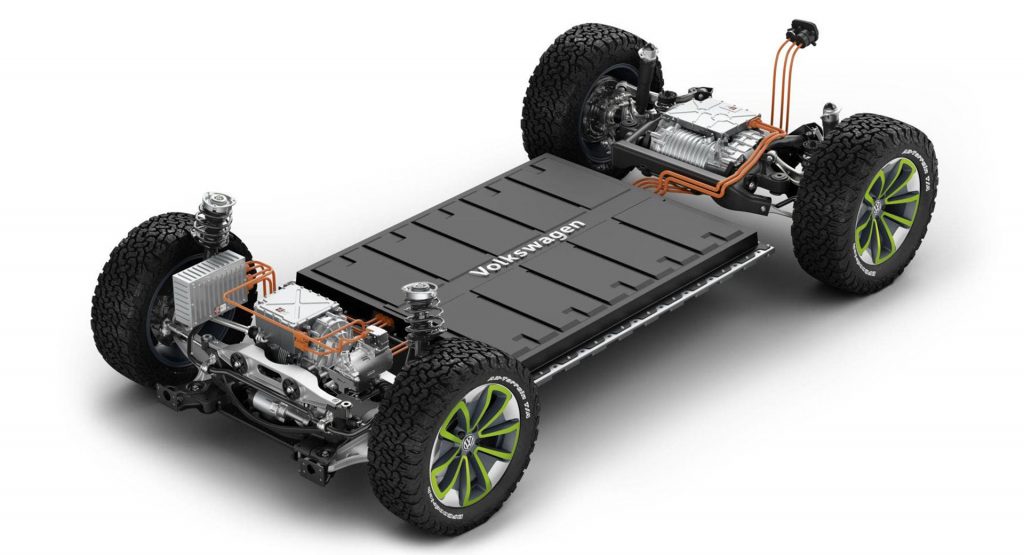The Indian government plans to offer $4.6 billion in incentives to companies that establish battery manufacturing facilities for electric vehicles in the country.
A proposal drafted by the Niti Aayog think tank that is chaired by Prime Minister Narendra Modi reveals that the country could slash import bills by as much as $40 billion by 2030 if electric vehicles are to become widely adopted.
Reuters adds that this think tank has recommended incentives of $4.6 billion by 2030 for companies manufacturing batteries in the country. This would start with cash and infrastructure incentives of $122 million in the first financial year that would be ratcheted up annually.
Read Also: Not A Single New Car Was Sold In India Last Month
The plan would see India retain its import tax rate of 5 per cent for certain types of batteries, including those for electric vehicles, until 2022. After that date, it would increase import taxes to 15 per cent in a bid to encourage local manufacturing.
“Currently, the battery energy storage industry is at a very nascent stage in India with investors being a little apprehensive to invest in a sunrise industry,” the proposal describes.
While the Indian government has big plans for electric vehicles in the nation, it has a long way to come. A mere 3,400 electric cars were sold in India during the last financial year, compared with 1.7 million combustion engine passenger cars. The proposal fails to provide an estimate of how many EVs could be on local roads by 2030, but suggests the annual domestic demand for battery storage could swell from less than 50-gigawatt hours to 230-gigawatt hours and more than $14 billion by 2030.








